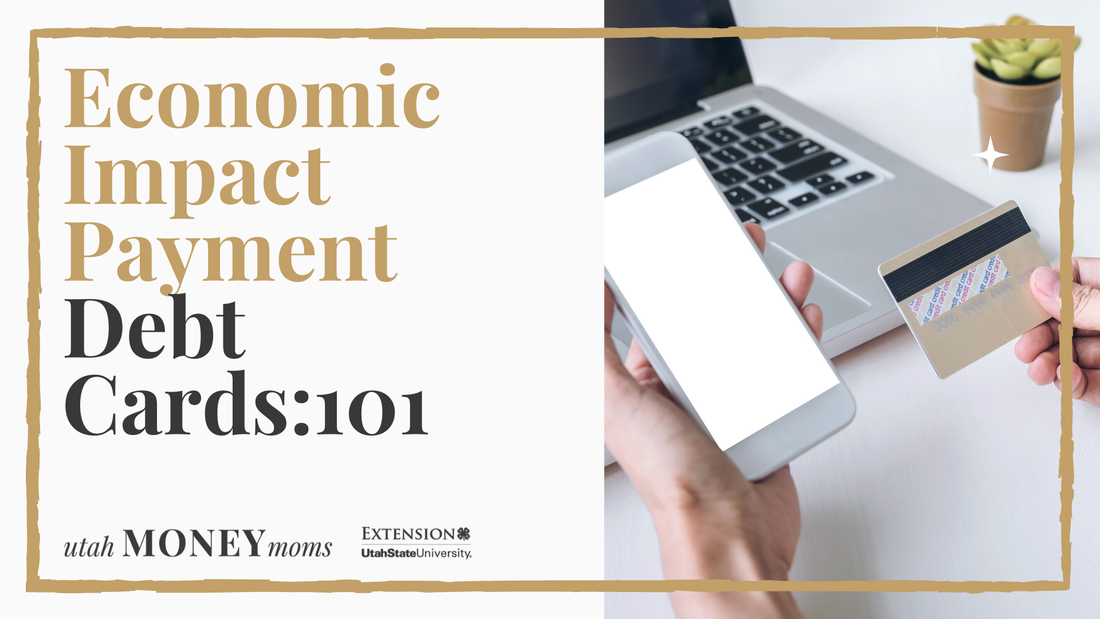If you’re still waiting for your Economic Impact Payments, you might be getting a debit card instead of a check in the mail. This, of course, is the money that’s meant to give relief due to the Coronavirus pandemic. You may have already gotten your payment by direct deposit or by check. But if you’re still waiting, watch your mailbox for either a check OR a VISA debit card. IMPORTANT REMINDER: the government will never, ever call, text, email, or ask you to click on a link they sent to activate your card or get your money. Here’s the 101 (the 4-1-1, the “need to know”, etc.) if your payment comes in the form of a debit card…
- Look for the prepaid card (and its envelope) in the mail. The envelope will be from “Money Network Cardholder Service.” Inside will be a VISA-branded prepaid card issued by MetaBank. This card will give you access to your economic impact payment.
- Activate the card immediately. The mailer will give you instructions on how to activate the card, but here’s the deal: You can activate your card by calling 1-800-240-8100 or visiting USdebitcard.gov and clicking on the EIP card link. To activate your card, though, you’ll have to give them your Social Security number. Once you activate your card, you can get cash or use it anywhere that accepts VISA debit cards. There are no fees associated with transferring the money from the card to your personal bank account. Keep in mind that EIP cards will expire after three years. When that happens, the bank will send any money left on the card to you.
- Questions about the card? Money Network has a 24-hour call center: 1-800-240-8100. You can call to check your card balance or just ask questions. There’s also more information and a quick video from the Consumer Financial Protection Bureau to answer questions you might have.
Most important, remember: unless you’ve asked for assistance, no one will ever call you about the EIP card. And no one will text, email, or ask you to click on a link they sent to activate this card or to get your money. If someone does, stop. It’s a scammer. Don’t give them your Social Security or debit card number, or any other information. Then report it to the FTC at ftc.gov/complaint.
SOURCE: The Consumer Financial Protection Bureau
Amanda H. Christensen, AFC is the Editor of the Utah Money Moms Blog and social media accounts. She loves a Diet Coke with lime, John Denver, making people laugh and teaching about personal finance best-practices.

Be The First To Comment